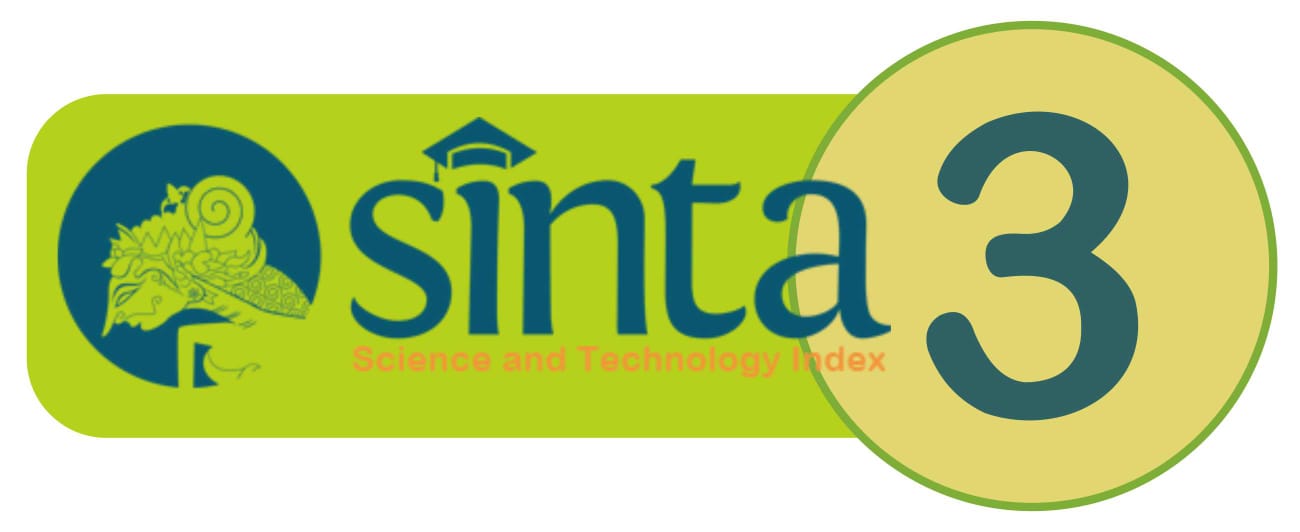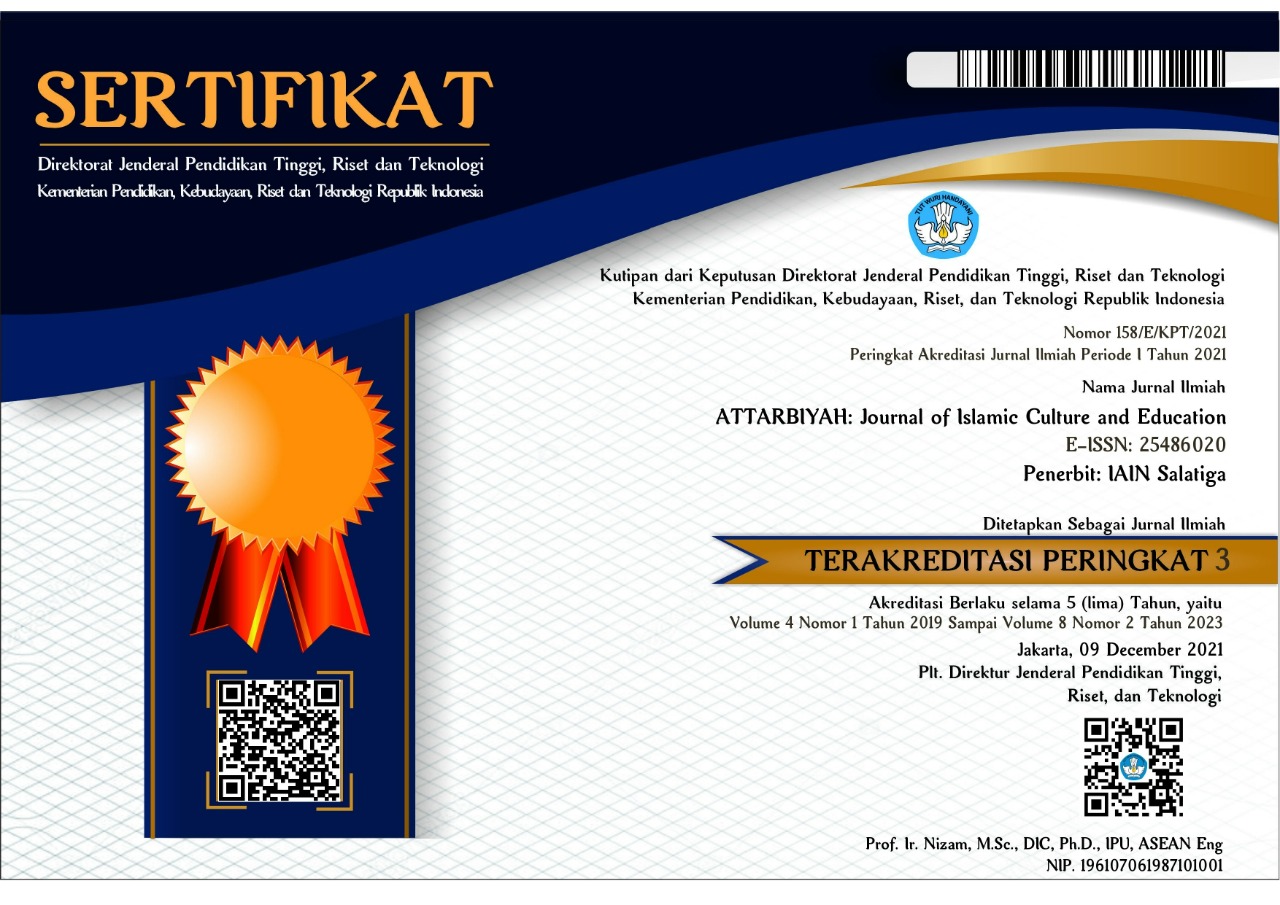Welcoming the life of society 5.0 in Indonesian education using soft system methodology
Abstract
Commemorate the life of Society 5.0 cannot separate from utilization of the latest digital technology. Advanced the education of Indonesia is the duty of the people to become Indonesian nation, that is to enrich the life of the nation. The Education of Indonesia, which has been using for the stream of Western Education namely the class style (bank style), emphasizes tables, chairs and blackboards. We must replace with a more flexible style of education and millennial oriented, no longer rely on an old-fashioned educational methods. Therefore, we need an effort in welcoming life of Society 5.0 with Soft System Methodology utilization. The method used in this study is a descriptive qualitative analysis method with secondary data to describe the phenomena that occur in the field with sufficient and supporting data for this paper. Based on the studies that have carried out, we can conclude that the proper use of the Soft System Methodology can advance Indonesian Education to Welcoming the Society 5.0.
Keywords
Full Text:
PDFReferences
Afifah, N. (2015). Problematika Pendidikan di Indonesia (Telaah dari Aspek Pembelajaran)..Jurnal Elementary, I (1), 41-47.
Attefalk, L & Langervik, G. (2001). Sociotechnical Soft System Methodology; a sociotechnical approach to Soft Systems Methodology. Germany: University of Gothenburg.
Baswedan, AR. (2004). “Gawat Darurat Pendidikan di Indonesia”, This paper was presented during a Ministry Meeting with Heads of Services in Jakarta on December 1.
Cabinet Of if ice Government of Japan. (2020). S o c i et y 5 . 0, access at www8.cao.go.jp/cstp/English/society5.0/index.html pada tanggal 15 Oktober at 21.50.
Mulyani, A.N. (1999). Pokok-Pokok Pikiran Mengenai Implikasi Pelaksanaan UU No. 22 dan 25 Tahun 1999. Paper presented in a workshop at UNY.
Reynolds, M & Holwell, S. (Eds.). (2010). Systems Approaches to Managing Change: A Practical Guides. London: Springer.
Risdianto, E. (2019). Analisis Pendidikan di Era Revolusi Industri 4.0, Bengkulu: Universitas Bengkulu.
Schwab, K . (2016). The Fourth Industrial Revolution. Diena, Farah & Targian, Andi. Revolusi Industri Keempat. Jakarta: Gramedia.
Simonsen, J. (1994). Soft System Methodology: An Introduction. Rosklide University, Spring.
Surachmad, W. (1986) . Pengantar Interaksi Mengajar-Belajar: Dasar dan Teknik Metodologi Pengajaran. Bandung: Tarsito.
Undang-Undang No. 20 Tahun 2003 Tentang Sistem Pendidikan Nasional.
Uno, HB. (2007). Profesi Kependidikan, Problematika, Solusi, dan Reformasi Pendidikan di Indonesia. Jakarta: Bumi Aksara.
Widjajani. (2011). Penggunaan Soft System Methodology Dalam Penelitian Proses Sosial. Jurnal Sosiohumanitas, XIII (2), 190-221.
Yamin, M. (2017). Menggugat Pendidikan Indonesia: Belajar Paulo Freire dan Ki Hajar Dewantara. Jogjakarta: Ar-Ruzz Media.
DOI: https://doi.org/10.18326/attarbiyah.v6i1.61-79
Refbacks
- There are currently no refbacks.

ATTARBIYAH: Journal of Islamic Culture and Education by http://attarbiyah.iainsalatiga.ac.id/ is licensed under a Creative Commons Attribution-ShareAlike 4.0 International License
----------------------------------------------------------
ATTARBIYAH : Journal of Islamic Culture and Education IAIN SALATIGA p-ISSN: 0215-9996, e-ISSN: 2548-6020



